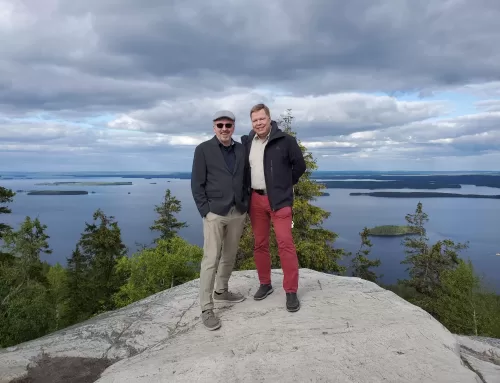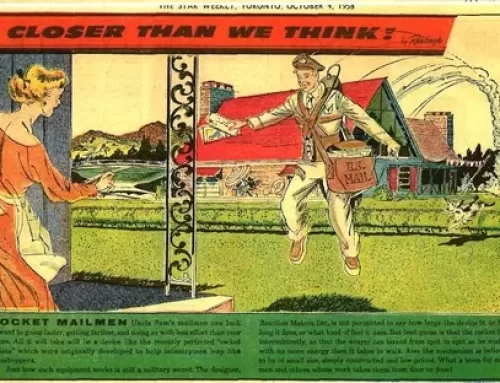Recently a study was featured in the New York Times that found that communities who are the most at risk when it comes to wildfires tended to be Native Americans: “over 29 million Americans live with significant potential for extreme wildfires, a majority of whom are white and socioeconomically secure. Within this segment, however, are 12 million socially vulnerable Americans for whom a wildfire event could be devastating.” And these 12 million are much more likely to be non white, and in particular to be Native American.

The study puts this statistic in the context of a worldwide trend of low income populations suffering the most severely from environmental disasters. For example in the last 20 years “more than three times the number of people died per disaster in low-income countries than in high-income countries”
The reasons for this rift can be three fold.
- Firstly, environmental disasters can negatively affect a country’s economic development, therefore countries prone to disaster are likely to be underdeveloped.
- Secondly, in a more general sense tropical countries are more likely to be hit with environmental disaster, are more likely to be underdeveloped, have poorer infrastructure, and have higher disease rates simply by virtue of their latitude. [NBER]
- Thirdly, countries with low economic development will struggle the most when it comes to resources and when recovering from an environmental disaster.
These reasons form a vicious cycle that can be very difficult to break out of particularly when considering the future of the world under the effects of climate change. The findings of this study are relevant because if we can understand why certain populations are more vulnerable than others “management can expand beyond technical fixes to socioeconomic and political solutions.”
The study noted that: :”We’re not saying that people who are not poor aren’t affected by wildfires….What we’re saying is, if you have the characteristics of a disadvantaged community, you’re much more likely to take longer to recover.”
The Study noted even simple issues like language barriers can lead to major failures in emergency response to wildfires. “in 2014, as a massive fire emerged in eastern Washington, language barriers prevented Hispanic farm-workers from receiving evacuation notification from authorities, and the only Spanish radio station in this region never received the emergency information”
In light of this data, any robust new strategy that hopes to reduce the serious negative consequences of wildfires should also address the social vulnerability factors that exacerbate them. To view the methodology of this study click here. — Collin Sledge



